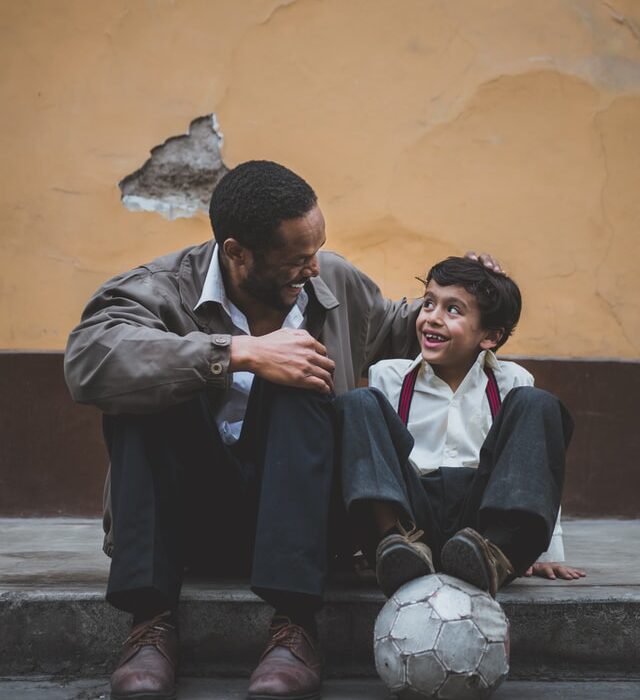What Qualifications Do Juvenile Counselors Require?
Mental healthcare is important for people of all ages. Young people especially can benefit from the help and support of a Juvenile counselor, whether it’s in the context of school counseling, private counseling, or even counseling in a correctional environment.
If you want to get into counseling, it can be extremely fulfilling to work with young people. Helping them through their mental health concerns or simply providing them guidance to lead happy, productive lives is the perfect career path for people who love kids and want to see them succeed. However, you’ll need certain qualifications to become a juvenile counselor.
Types of Counseling Degrees
If you want to work with young people as a counselor, you first need to think about the type of counseling you want to do. Many juvenile counselors work with youth and their parents in times of crisis and delinquency. This is quite a different career path from being a counselor at a school.
There are different types of counseling degrees you can choose to pursue. You can be trained as a crisis counselor, a rehabilitation counselor, or a school and career counselor. Choosing the right program is important, as you’ll want to pick a program that adequately prepares you for your future career.
What Are the Responsibilities of a Juvenile Counselor?

Juvenile counselors are responsible for helping young people overcome their unique challenges and get them on track to lead healthy, happy lives.
Many young people who act out and get into trouble with the law have difficult circumstances in their lives and families affecting their behavior, such as substance abuse, poverty, and lack of positive role models. Juvenile delinquency often has underlying factors that can be addressed through counseling.
Counselors can not only provide advice and resources to troubled kids but can also be role models. They may also work with the whole family unit to help kids get back on track. Some juvenile counselors work in youth detention centers or other organizations, creating individual action plans and supporting young people in improving their mental health.
Juvenile Counselor Qualifications and Helpful Skills
What you’ll need to become a juvenile counselor will depend on where you want to work and which state you live in. Each state has its own counseling licensure requirements, in addition to earning a degree. For some jobs, like a juvenile probation counselor, you may need a degree in criminal justice.
Although there are some jobs that only require a bachelor’s degree, these tend to be entry-level positions. If you would like to have your own practice one day or grow in your career, you will likely need to earn a master’s degree.
Once you have your degree, you will need to gain experience in order to become licensed. Typically, you’ll need around two years of experience, or 3,000 hours before you can take the licensure exams.
There are some key skills you’ll need to become a juvenile counselor. First, you will need to genuinely enjoy working with youth, obviously. It takes a lot of patience and commitment to guide young people through the difficult times in their lives.
You also need to be adaptable. You’ll meet kids from all different backgrounds and living situations. You need to be ready for anything and prepared to meet a variety of challenges.
Compassion is key for any kind of counseling work. You will need to gain strong emotional intelligence skills in order to connect with and advise youth.
Is Becoming a Juvenile Counselor Right for You?
Not everyone is cut out to be a juvenile counselor. Before you get started on the educational requirements for this career path, really take the time to think about what you want from your career and your life. If you want to make a difference in the lives of kids and teens, however, there’s almost no better career!
Views: 28

